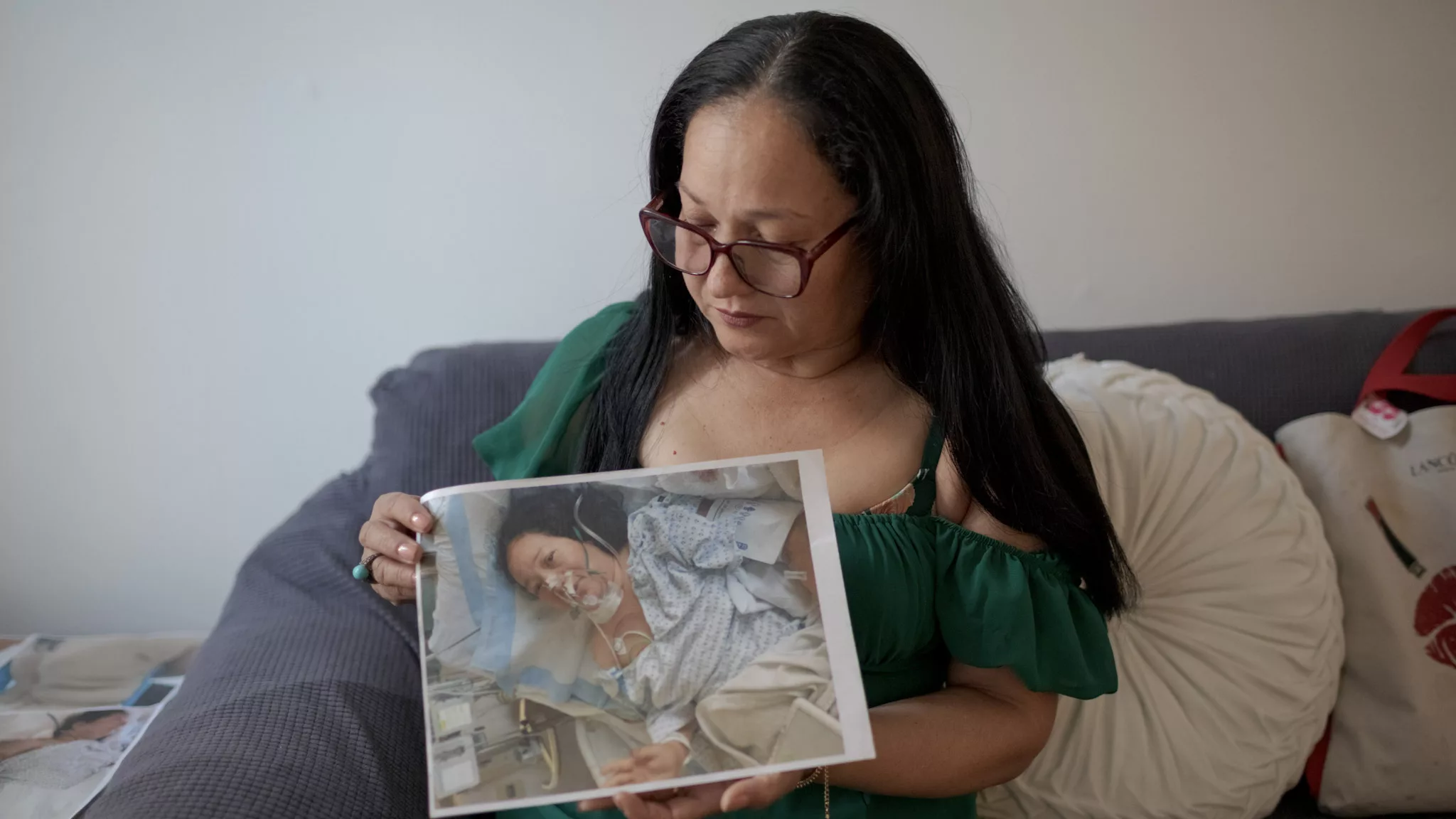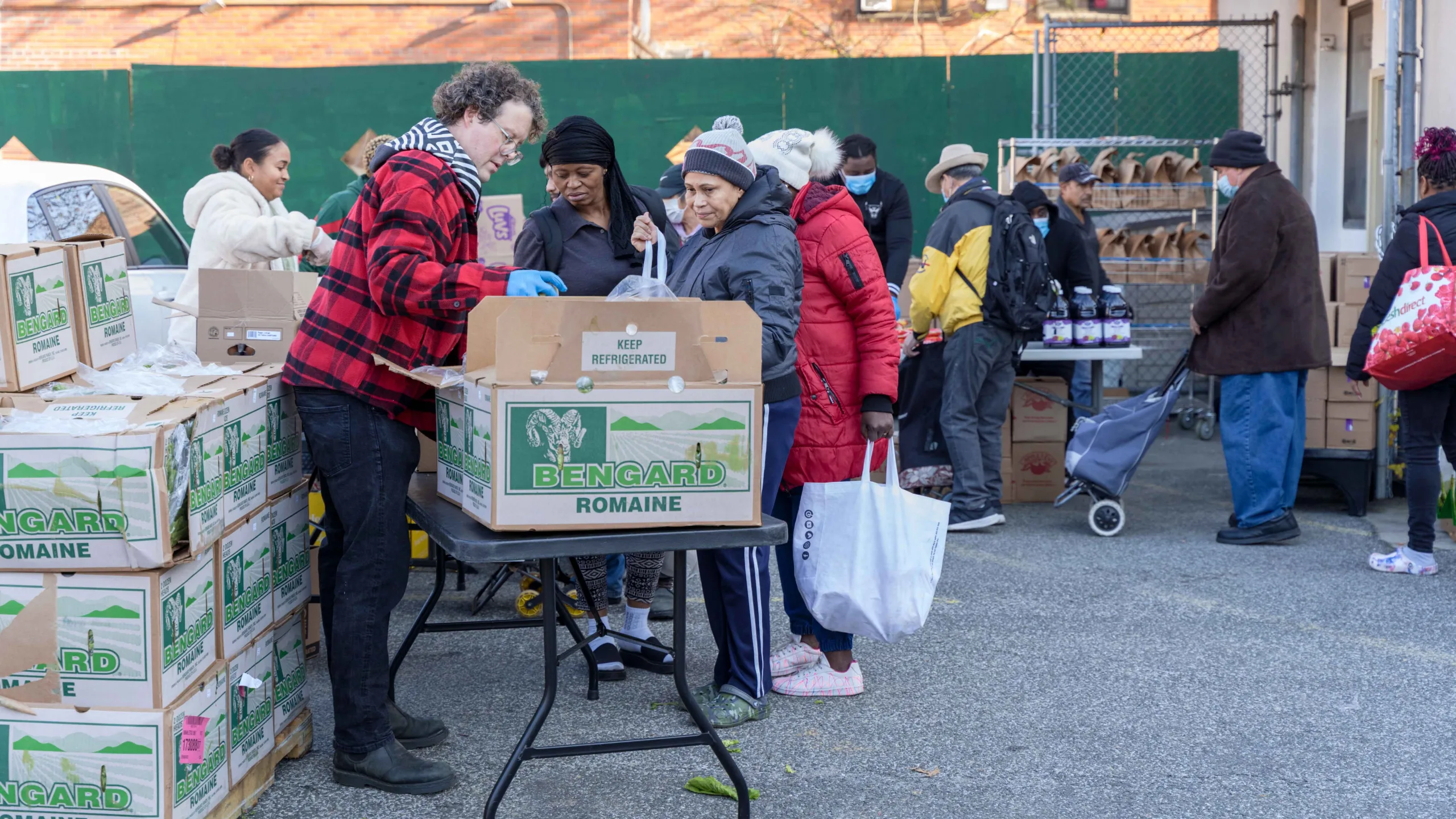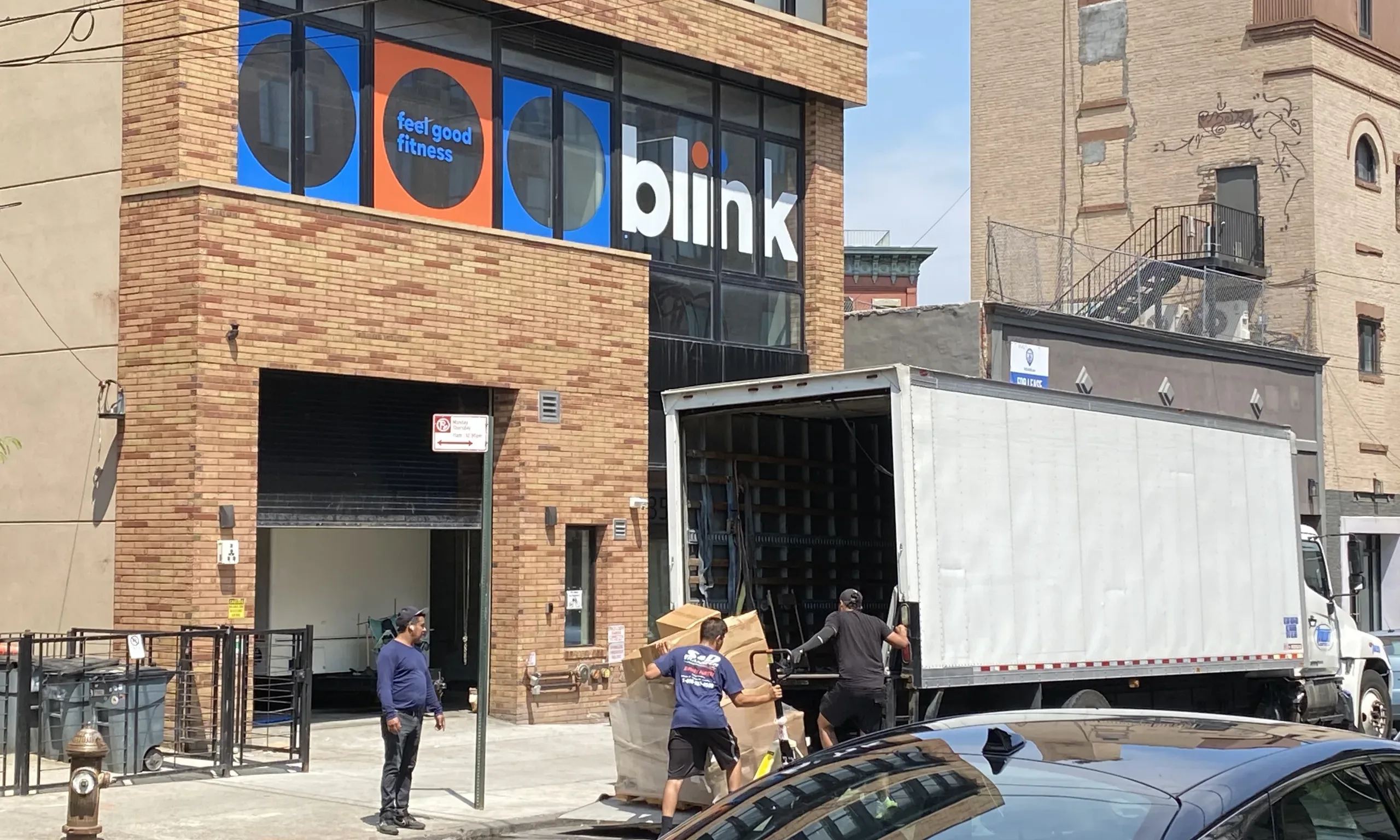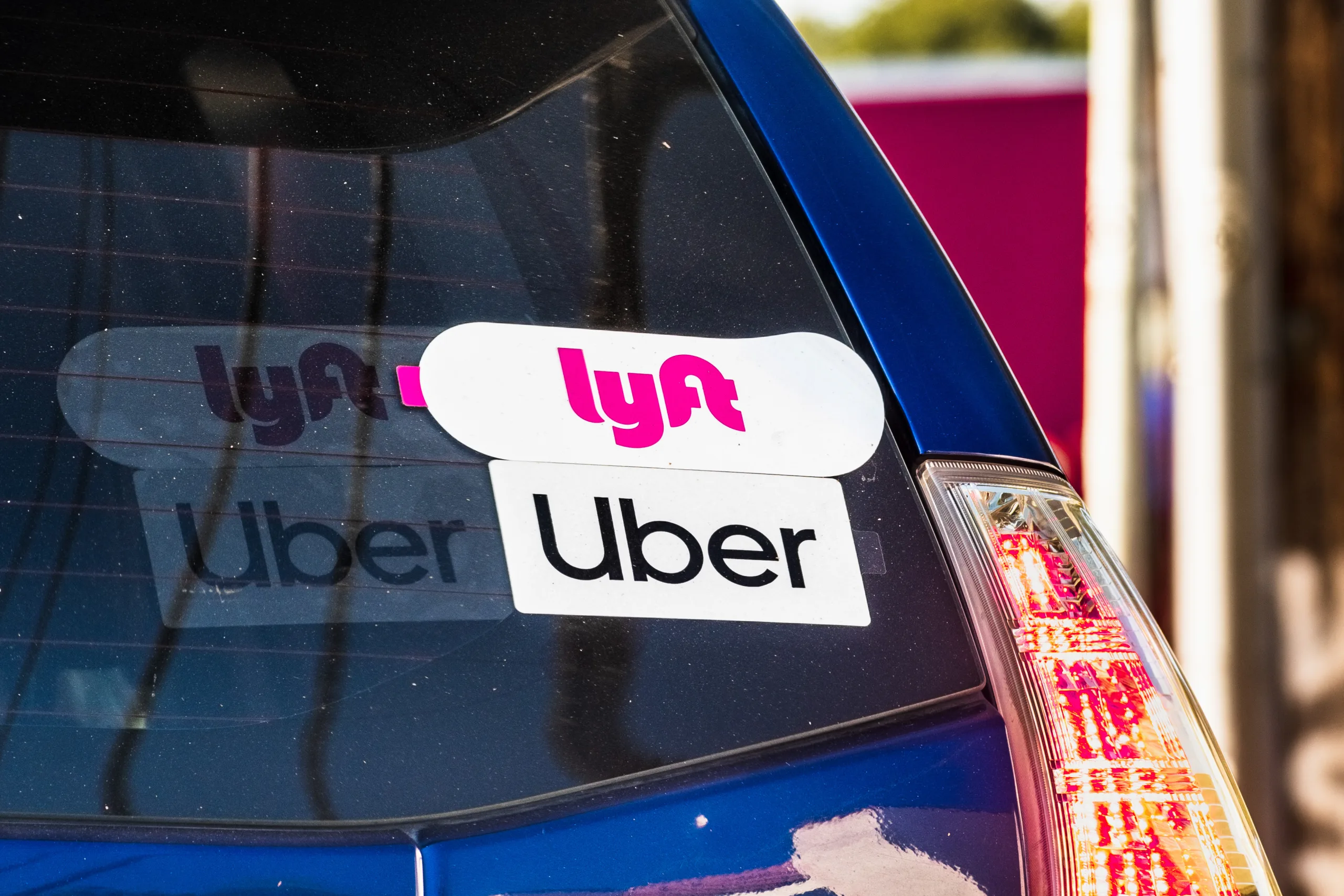On the night of June 19, 2022, the life of Francis Yanet Mendoza was suddenly transformed.
She had spent the evening stuffing goodie bags with chips and candy in the living room of her Elizabeth, New Jersey apartment for her daughter Alexa’s quinceañera the following week. Afterward, she retreated to her bedroom. It was some time after midnight when a still-unidentified masked man entered Mendoza’s apartment and stabbed her 18 times on her legs, back, chest, arms, and neck. He later escaped through the window after removing the air conditioner.
“The bedroom was unoccupied but in disarray,” according to the Elizabeth police report filed by officer Mario Cavalheiro, which described the incident as “stabbing” and “aggravated assault.” It described that aid was provided to “the female who was bleeding profusely from an unknown injury. Her clothing and floor was completely covered in blood.”
Mendoza, now 48-years-old, spent eight days in an intensive care unit and a total of two weeks at University Hospital in Newark, where surgeons reconstructed her trachea. “I was basically born again after the attack. I had to relearn how to walk, talk and eat,” Mendoza told Documented in an interview in Spanish. In September 2022, as soon as she was able to talk and walk again, Mendoza went to the Elizabeth police station to file a police report and share information about her attacker with the detective assigned to the case.
Mendoza, an immigrant from Honduras, decided to apply for a U visa, which was created by Congress in 2000 to encourage immigrant crime victims to cooperate with government authorities on the investigation or prosecution of criminal activity. The program grants U visa holders work permits and protections against deportation. But, to receive a U visa, immigrants must obtain a certification from law enforcement or certain local government agencies that prove they cooperated in an investigation or a prosecution.
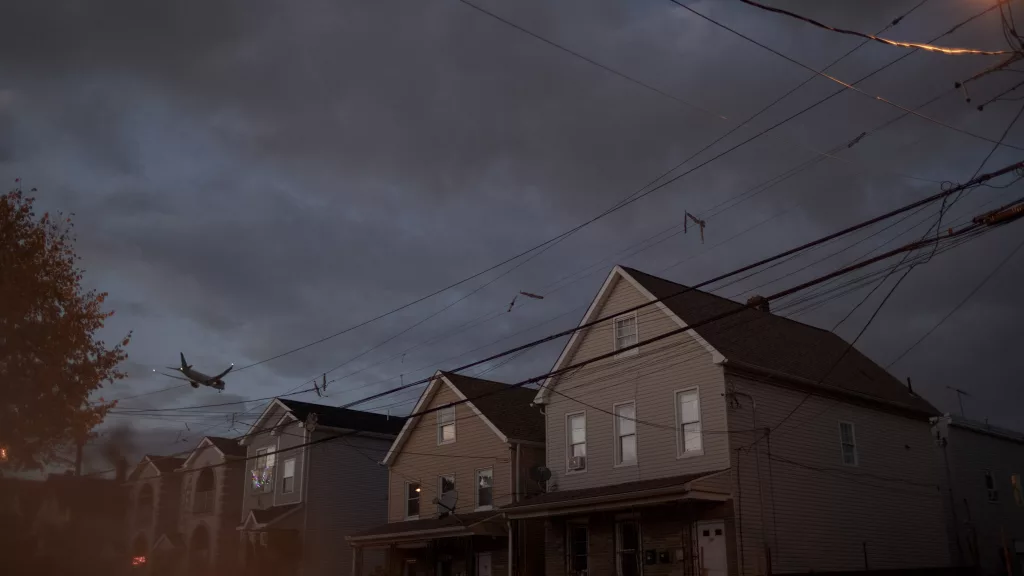
Mendoza filed her paperwork to obtain the U visa certification and thought the process would be quick. But as weeks turned into months, she became increasingly distraught that her certification would never arrive.
Because U visa certifications are processed by local jurisdictions, in New Jersey, the process can take anywhere from a couple of weeks up to five years. This is because the wait time is dictated by the local agency where the incident occurs, who decides how fast certifications are issued. Crime victims, regardless of where they live, are left at the hands of these local authorities.
Also Read: The Yonkers Police Department Is Refusing to Help a Stabbing Victim Get a Visa
“I was afraid to walk on the street by myself and, at home, even the shadow of my daughter in the bathroom makes me scream at the top of my lungs,” Mendoza said, still scared from the attack. “I’m still terrified — always looking around, wondering who is chasing me.”
To this day, Mendoza is still unable to perform routine tasks at the warehouse where she works. She can no longer eat or swallow liquids as before — she often chokes or has coughing fits that make her vomit.
She waited almost eight months to obtain her U visa certification from the Union County Prosecutor’s Office in New Jersey, while according to advocates and Newark’s Police Department records, the average wait is a couple of weeks. Mendoza described the uncertainty of the wait period as agonizing, especially considering that her attacker is still on the loose. To this day, the detective in charge of her case has told Mendoza that no suspect has been arrested.
“A year after the attack, I’m still pretty unwell physically and psychologically,” she said. Neither the Union County Prosecutor’s Office nor the Police Department of Elizabeth answered repeated requests to comment on the case of Mendoza, including the status of the investigation.
Mendoza received assistance from a nonprofit organization that provides legal services, but the process can seem endless for other survivors trying to get a certification on their own. “Many women [crime survivors] just stop trying because they feel it’s impossible,” said Glendy Tsitouras, a community organizer in Newark of the American Friends Services Committee, a nonprofit organization advocating for social justice and immigrants’ rights, which is helping Francis and dozens of other women victims of crime in New Jersey to navigate legal proceedings.
In crimes that do not require weeks of hospitalization, such as domestic violence cases, the struggle for legal representatives to get a U visa certification for clients is even more challenging, Tsitouras said.
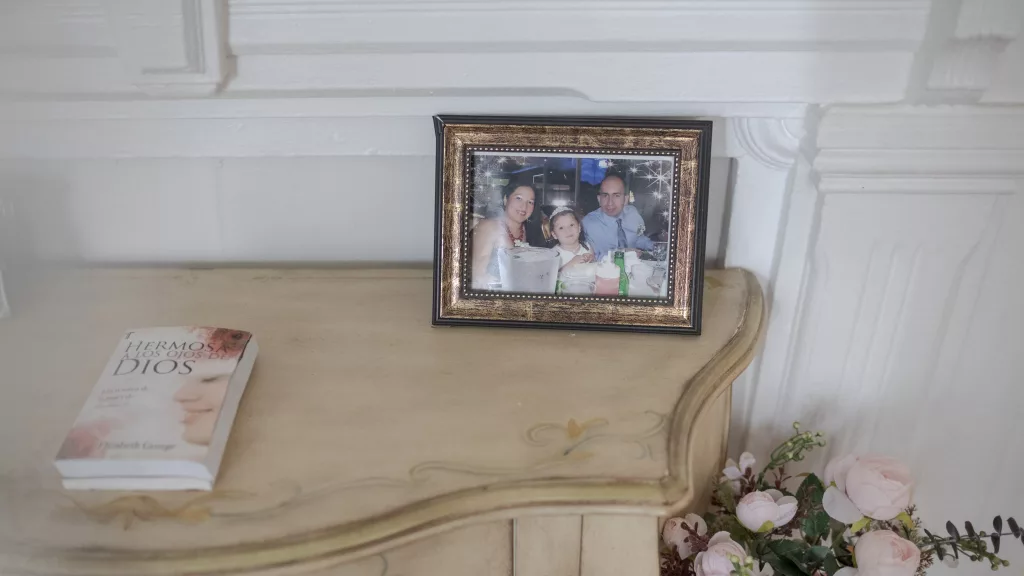
According to advocates, if an immigrant is a crime victim in a locality where law enforcement does not know the process or does not want to follow the federal guidelines, they simply don’t get a certification.
Even when they do receive certifications, applicants must contend with United States Citizenship and Immigration Services’ (USCIS) backlog of U visa cases, which stands at 326,000 as of the second quarter of fiscal year 2023. Applicants are now waiting about 20 years to obtain a U visa.
A pattern of inconsistency
New Jersey is not alone in its inconsistency in the U visa certification process. In 2022, hundreds of certifications were denied in Chicago in an apparent violation of state law and federal guidelines, as many of the requests were on behalf of cooperating victims of crimes that qualified under the law.
In Portland, Oregon, the city’s police bureau denied more than half (53%) of the certification requests in 2021 and the first half of 2022, compared to less than 11% in 2020. Portland’s Office of the Ombudsman cited “insufficient policies and training, a poor understanding of the law, inconsistent review practices, and a high turnover of [case] reviewers,” as reasons for the increase in rejected certifications.
Also Read: Immigrant Victims Who Cooperate With Police Must Wait 20 Years for U Visa
In 2016, the Newark Police Department denied 70% of the 101 requests it received, according to an Open Public Records Act (OPRA) request filed by Documented. The next year, the denial rate fell to 13% and has stayed around 10 percent since then. A Newark Department of Public Safety spokesperson declined to comment on the reason for these dramatic declines.
In many instances, the process runs smoothly. According to the Newark Police Department records, in the first five months of 2023, more than 90% of the 48 U visa certifications requests were granted, often within a couple of weeks and, in some instances, on the same day.
But the County Prosecutor’s Office of Passaic, for example, does not compile the U visa certification requests it receives, according to a separate OPRA request. So, it is impossible to know if they adhere to federal guidelines to issue U visa certifications and if corrections are needed. In their response to the OPRA request, the office claimed it is not required “to manually search through all of the agency’s files, analyze, compile and collate the information.”
Along with submitting a U visa certification request through law enforcement, the demand for nonprofit and pro-bono attorneys for assistance in applying for a U visa is substantial, said Maritza Darch-Escuderos, a Department of Justice accredited representative in New Jersey of the Immigrant Rights Program at the American Friends Service Committee. She said she is currently handling more than 100 cases, so spending months or even years trying to get a U visa certification impedes her ability to help other survivors of crimes. For nonprofits like hers, facing obstacles to getting the certification and completing the U visa application is “the pattern in New Jersey.”
Lauren Herman, legal director of Make the Road New Jersey, a grassroots organization advocating for immigrant and working-class New Jerseyans said the certification process is “an arbitrary process” that is “very uneven,” adding: “whether or not someone is going to get the U visa certification comes down to where they were the victim of a crime, which is pretty unfair.”
TestPost3
She said that the obstacle to getting a U visa certification is often not an official denial, but that the law enforcement agency simply ignores the request. “In my experience, we’re not getting a lot of denials,” she said. “The bigger problem is that we just don’t get responses.”
When Mendoza got the certification earlier this year, eight months after her attack, she wept. “I have suffered a lot, but at least I won’t have to leave this country, and I may be able to stay here as a resident.”
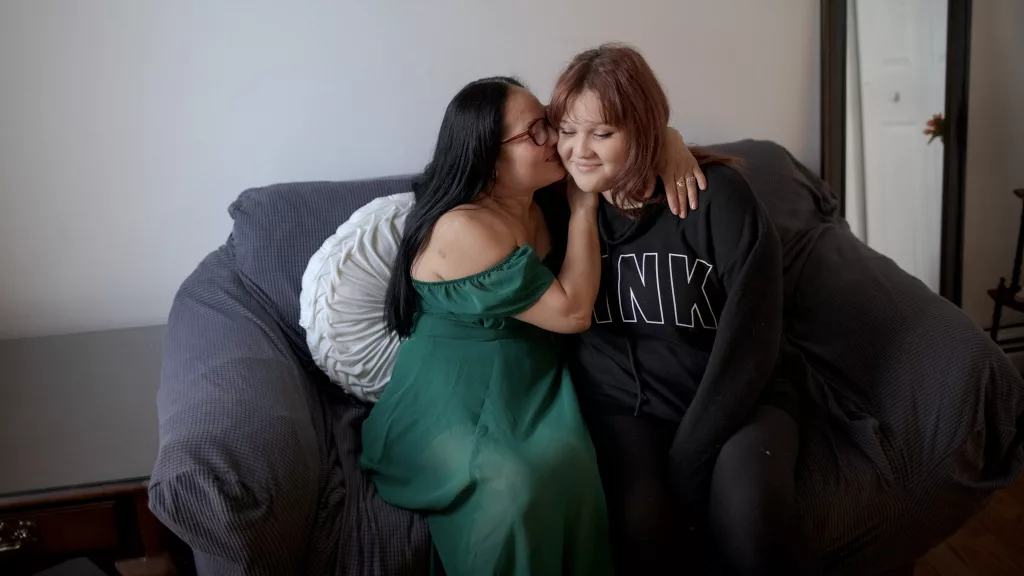
Mendoza’s U visa application is underway, and she’s hopeful that it will come through so she can stay in the United States with her daughter Alexa. That is her consolation after the stabbing. But just like her pursuit of a U visa, her road to recovery from the attack appears long. It is no consolation to Mendoza that her attacker is still at large. Police have yet to inform her of an arrest or any updates regarding the investigation.
She sent a message to the detective assigned to her case in August, more than a year after her assault. He’d last spoken to her in February, but still had no news to share about her case. “As of today,” she said, “he has not given me an answer.”
